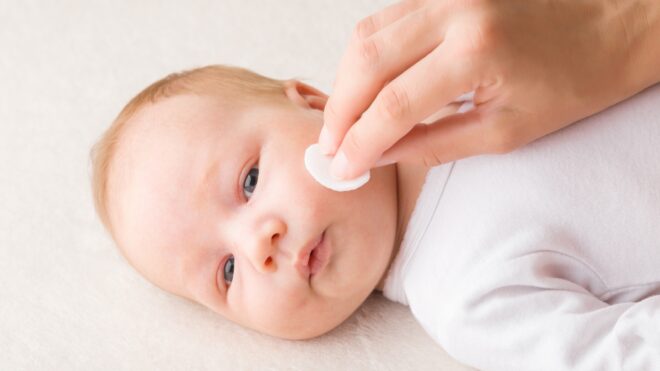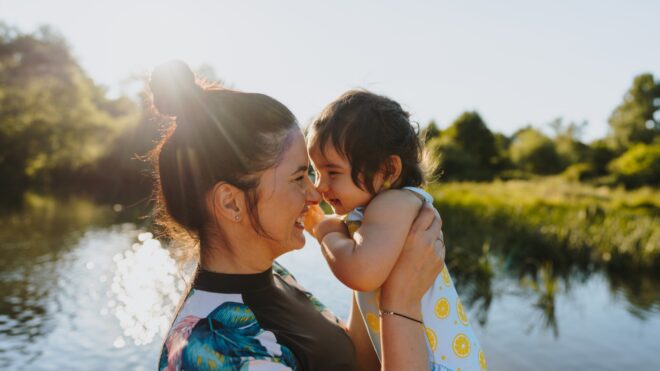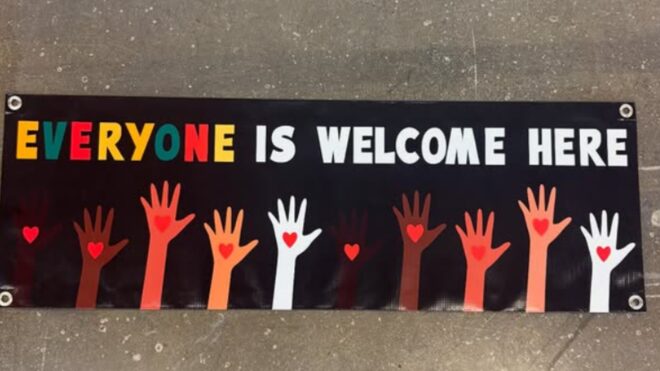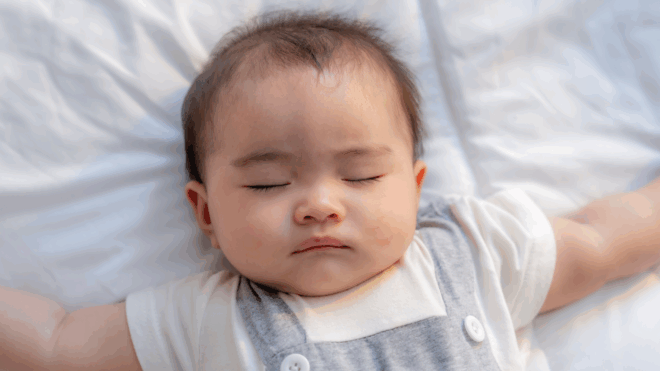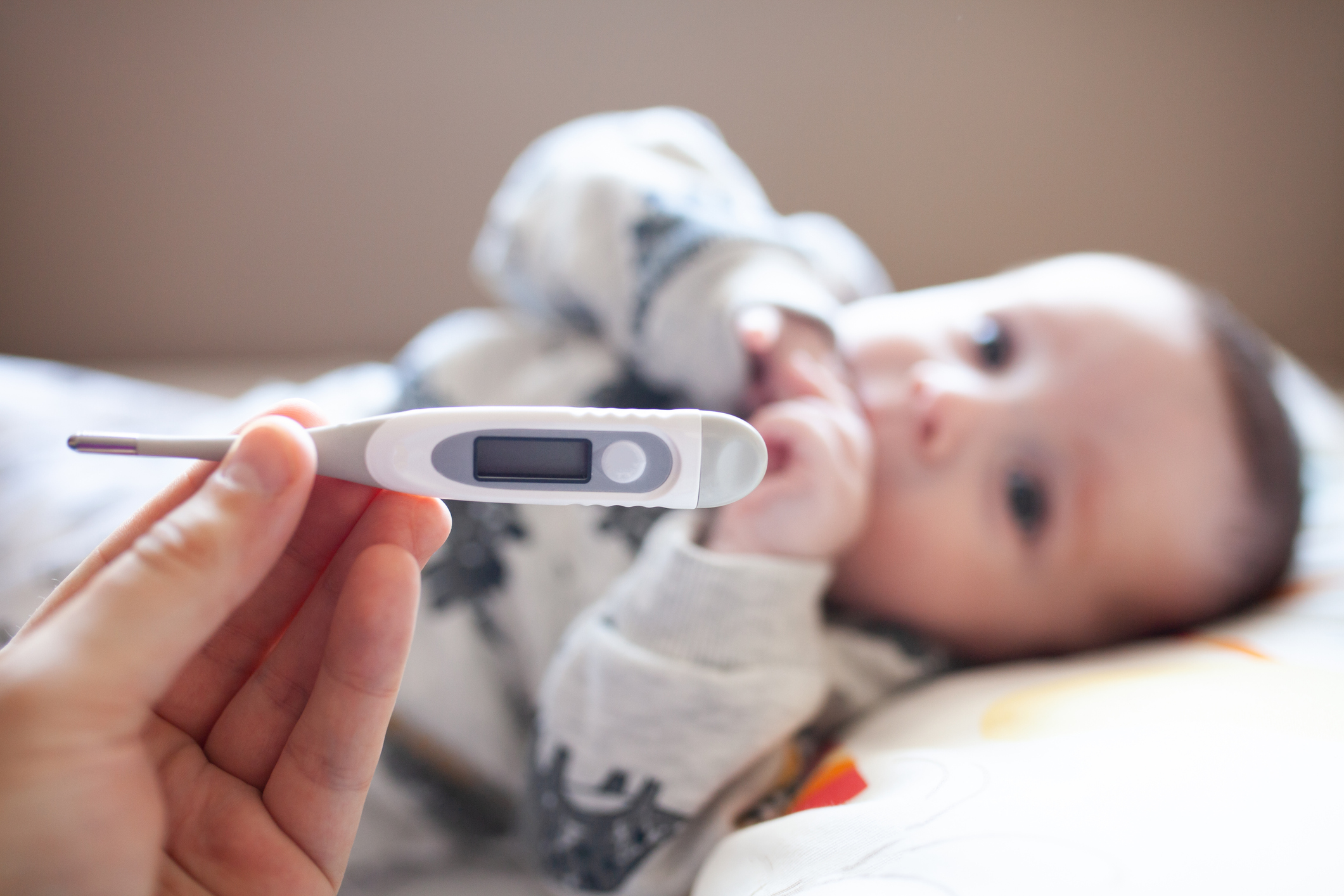
Stocking a baby first-aid kit can be a helpful parenting strategy whether you’re at home or on the go.
A baby first-aid kit can be so useful that once you know how to create one, you may want to keep one at home, one in the car, and stash a mini version in your diaper bag so you’re never without.
The key to an effective baby first-aid kit is to revisit it a couple of times every year to discard anything that’s expired and restock anything you’ve used. (Or add cool new gadgets that have hit the market.)
How to build a baby first-aid kit
When putting your kit together, you have a few different options. You can purchase a premade kit, then add some custom items to make it easier.
Or, you can build your own first-aid kit with supplies that are valuable to you and your situation. For instance, if your baby has allergies or you live in a cold weather state, your first-aid kit might look different than someone else’s.
It’s also helpful to add emergency information to your first-aid kit. For instance, you can include:
- Emergency contact numbers
- Poison control center phone number
- Your child’s pediatrician or doctor
- Parents’ and grandparents’ phone numbers
- Babysitter or nanny phone numbers
- Insurance information
- Allergy information
Here are some additional items to consider adding to your baby’s first-aid kit.
Cuts and Scrapes Remedies
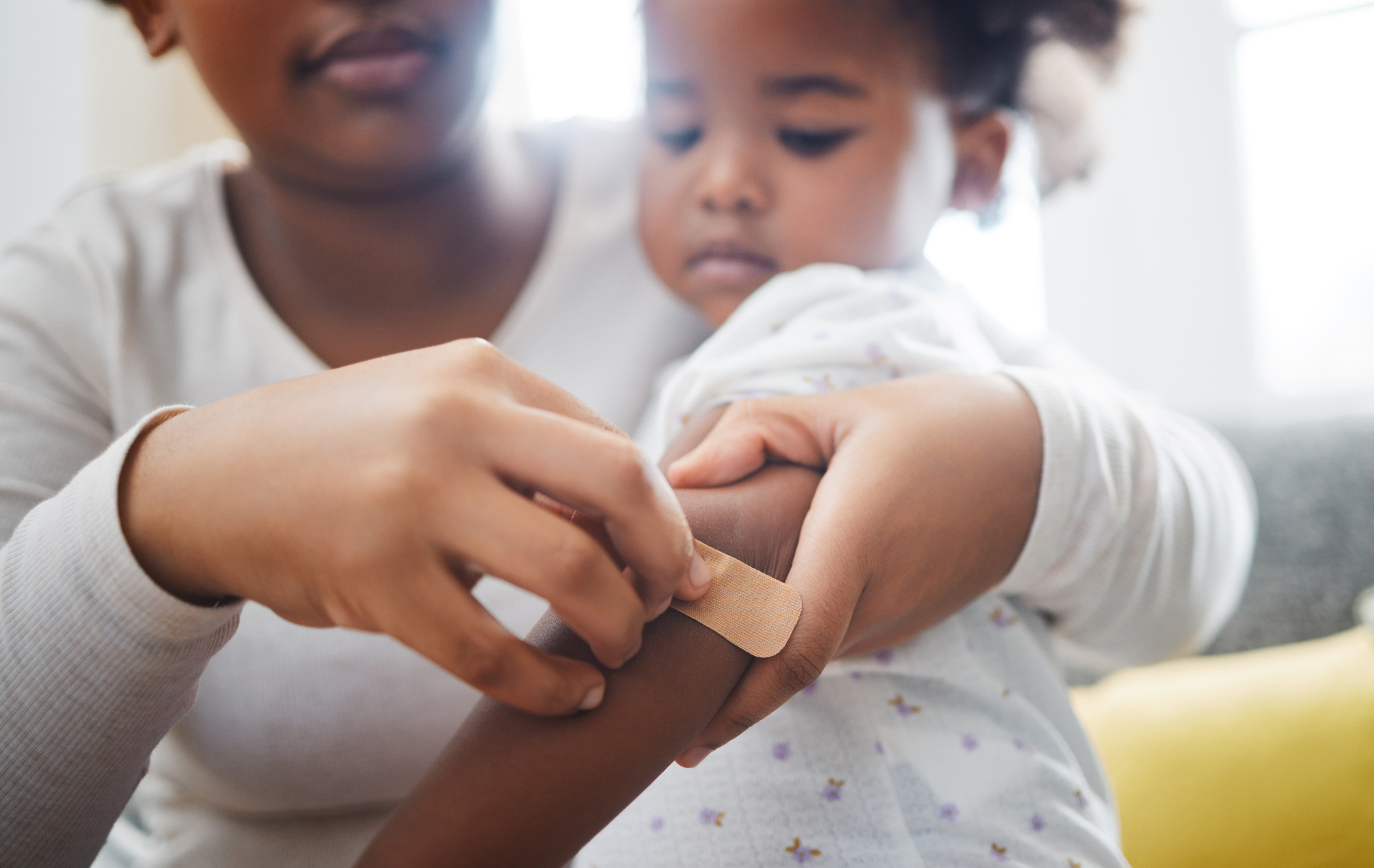
Start with adorable adhesive bandages, but don’t forget some antibiotic ointment or antiseptic spray.
Premade first-aid kits often come with lots of different-sized bandages and gauze pads for dressing cuts, but a regular pack of bandages might be enough. Younger kids love themed or colorful bandages, however, so you may want to add some “fun” designs in your baby first-aid kit just to be safe.
Splinter Removal Tools
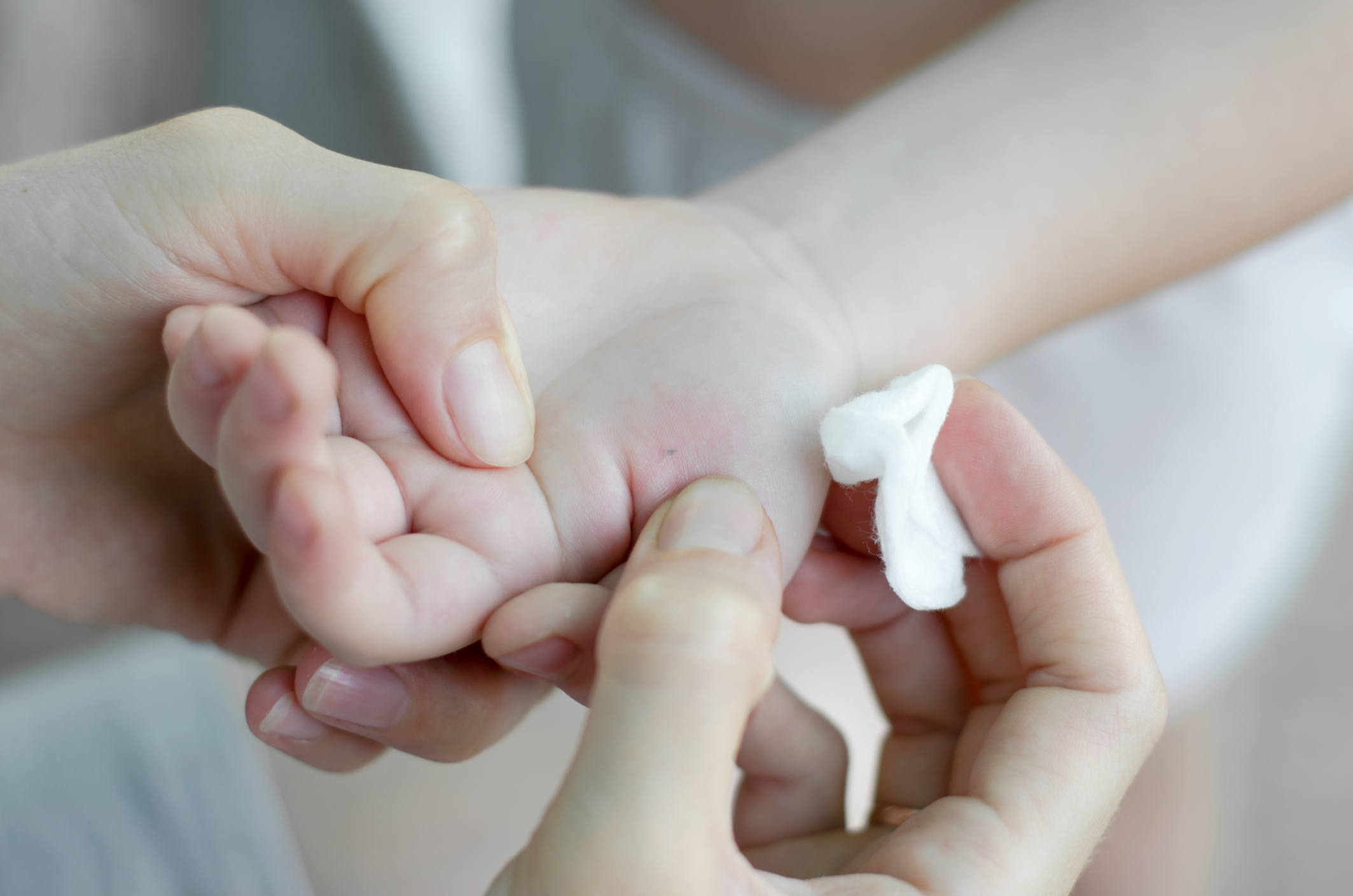
Tiny tweezers that are meant for travel are great for a kids’ first-aid kit. (While you’re packing tweezers, get a small pair of sharp scissors, too, for cutting bandages or gauze.)
Kids seem to find splinters everywhere, so keep a set of tweezers and a pain-relieving spray handy. It might also help to add a small magnifying glass and perhaps a flashlight or other small penlight so you can see what you’re doing.
Fever and Pain Reducers
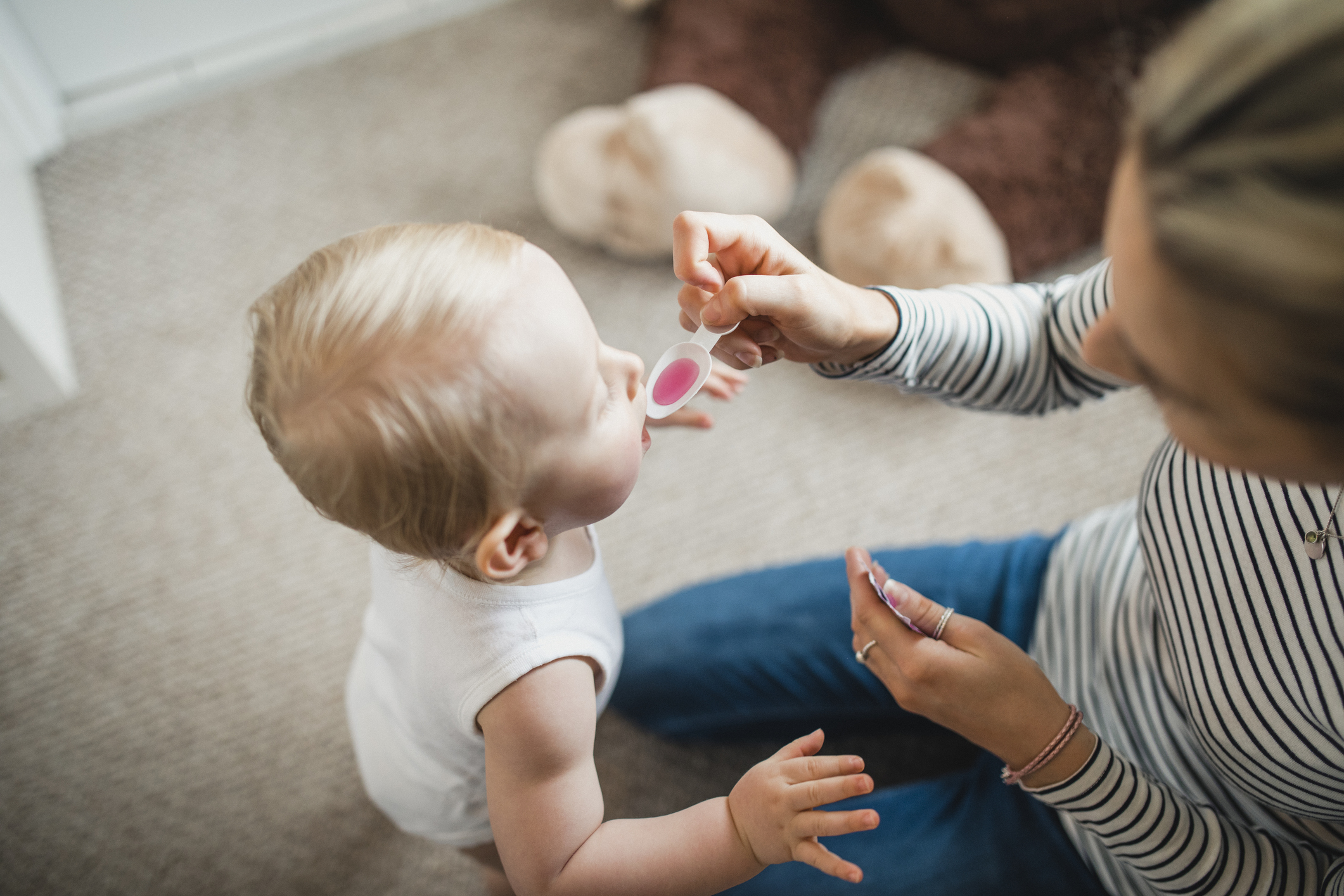
A thermometer is a must-have for a baby first-aid kit, especially since some kids run a low fever when they’re teething. A touch-free thermometer is the easiest, especially for fussy babies and toddlers.
Infant pain relievers can ease the fever and the discomfort so everyone can get some sleep. Some moms also love topical teething pain relievers that they can apply directly to the gums.
Be sure you talk to your child’s pediatrician before administering pain medicine for the first time. Children’s medications are different concentrations than adult medications, so you can’t interchange them. It’s helpful if you can stock your baby first-aid kit with age-appropriate medications. (Liquid for young children, chewable tablets for older kids.)
The American Academy of Pediatrics advises that babies under 6 months should not have ibuprofen (Motrin). Babies 6 months and older can have weight-specific doses, so check the dosing guidelines or ask your doctor if you’re unsure of how much to give.
Infants under 6 months old can safely have children’s acetaminophen, but again, check the dosing guidelines to be sure of how much to administer.
Stuffy and Runny Nose Remedies
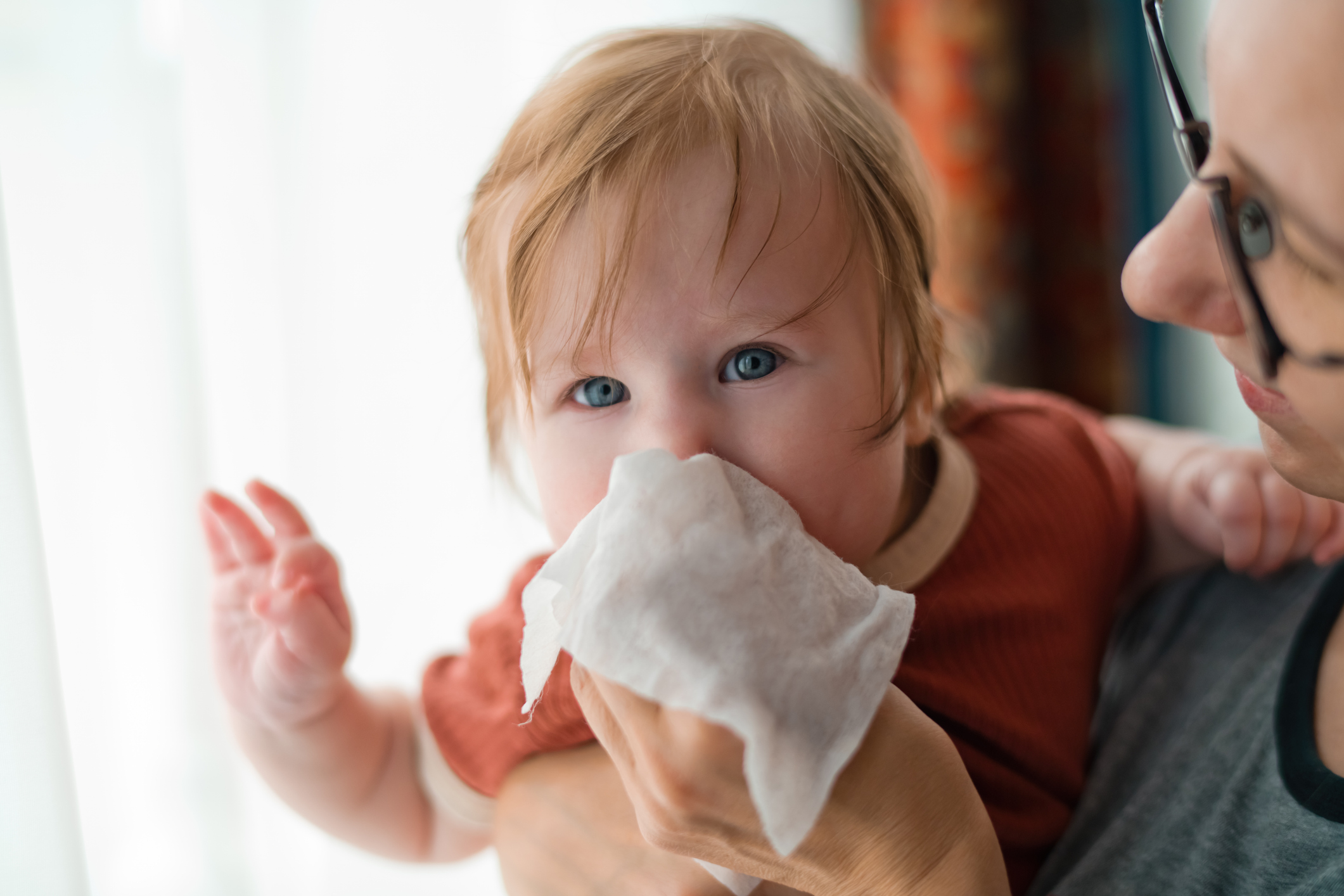
When your baby’s nose won’t stop running, booger wipes (or even baby wipes) will keep it clean without drying it out like tissues can.
For really stuffed-up noses, nasal aspirators let you suck mucus right out, since babies can’t blow their noses — they work better than bulb-shaped aspirators, and the filters keep everything sanitary on your end.
Saline drops can also help loosen mucus so you can suck it out or wipe it away.
More from CafeMom: 17 Easy Remedies for a Stuffy Nose
Tummy Troubles
If burping the baby isn’t enough to keep gas pain away, there are a few over-the-counter options that may help. For instance, gas drops like Mylicon or gripe water might help relieve gas pain.
Toddlers and kids older than 2 years can take Pepto Kids for mild indigestion or upset stomach. (Note that Pepto Kids is different than regular Pepto Bismol and should not be taken if your child has chickenpox or flu symptoms.)
Bug Bites and Skin Rashes
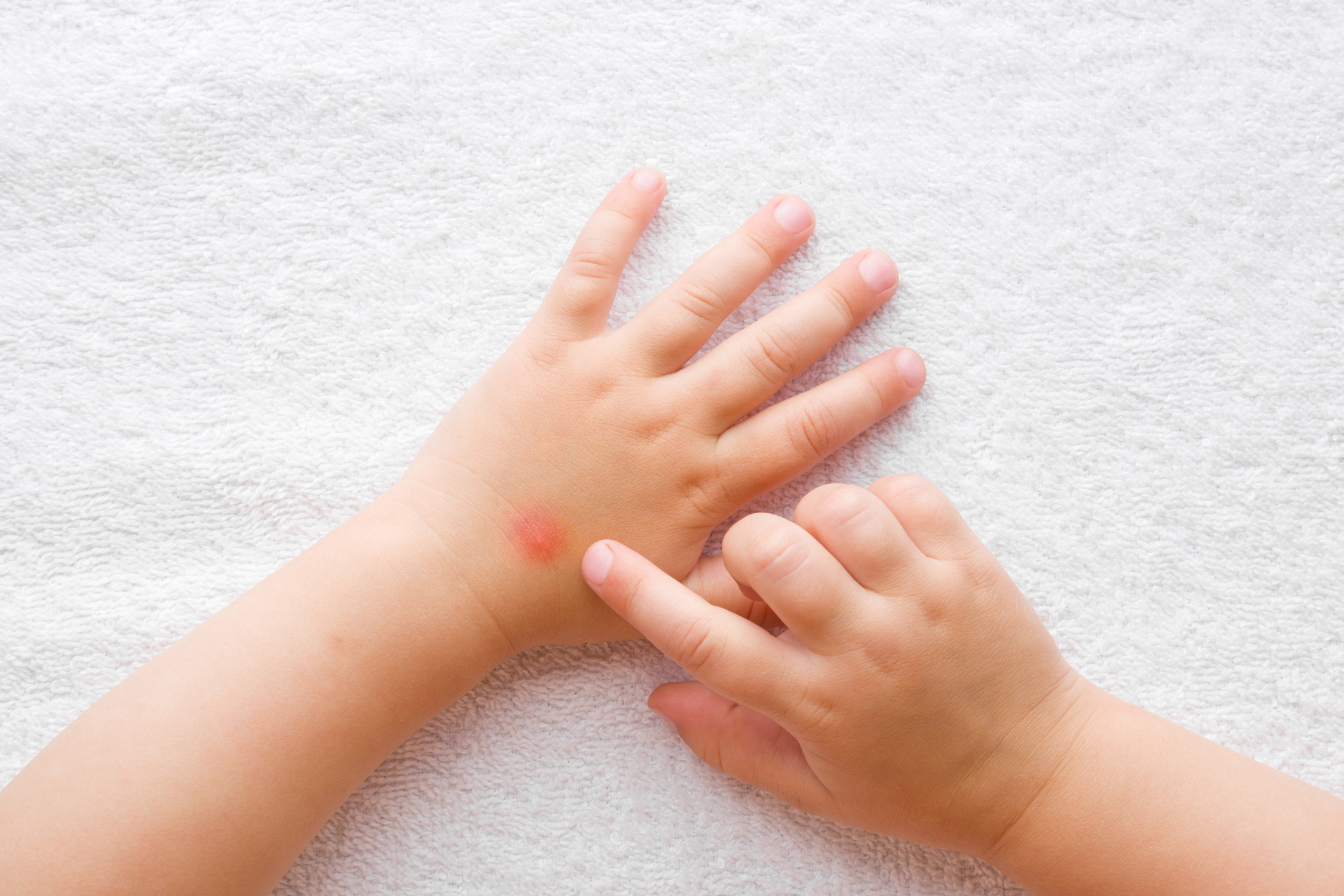
Gentle healing ointments are great for mild rashes (and they can also help with little cuts or scrapes). Children’s anti-itch cream is also handy for itchy bug bites, and keep some children’s oral antihistamines on hand in case of an allergic reaction to a bite or sting.
That Bug Bite Thing suction tool is also extremely handy to have on hand — the tool uses gentle suction to suck out venom from bug bites, instantly taking away the source of the pain and itchiness. It’s chemical-free and can be used on any age.
Bumps and Bruises
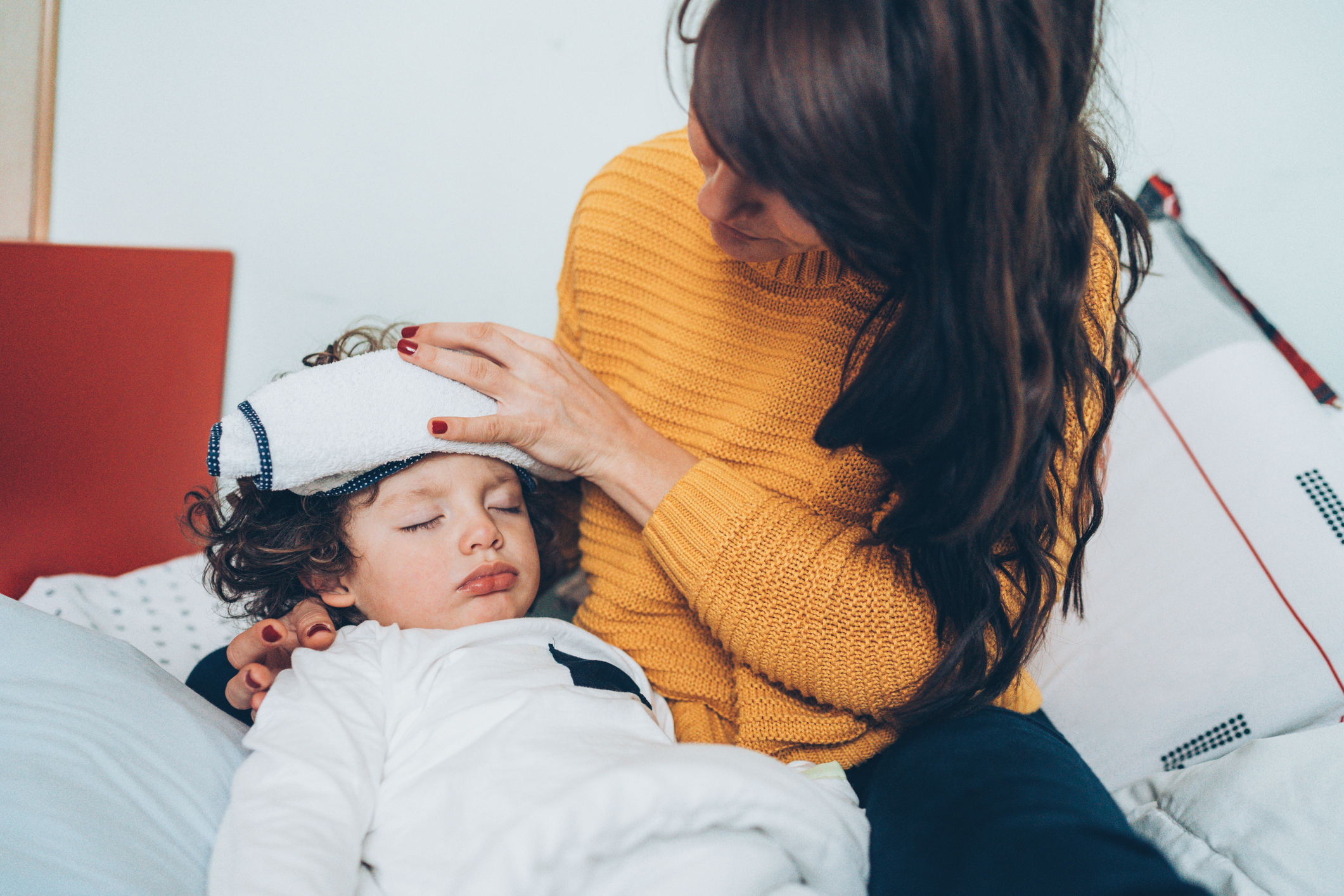
A hot and cold gel bead compress is perfect for a first-aid kit because it can work as an ice pack to keep swelling down — just keep it in the freezer. Alternatively, you can warm it in the microwave if you need a hot pack. The ice pack will probably come in handy more often.
If you’re traveling or away from home, add an instant ice-pack to your baby first-aid kit so you can use it even without access to a freezer. Just remember to replace it after you use it!
Choking Rescue Device

Amazon and other online retailers have many versions of anti-choking rescue devices you can purchase and stock in your first-aid kit. Be sure to read the instructions so you know how to use it if an emergency arises.
More from CafeMom: How To Keep Baby’s Skin Looking Healthy During Each Season
